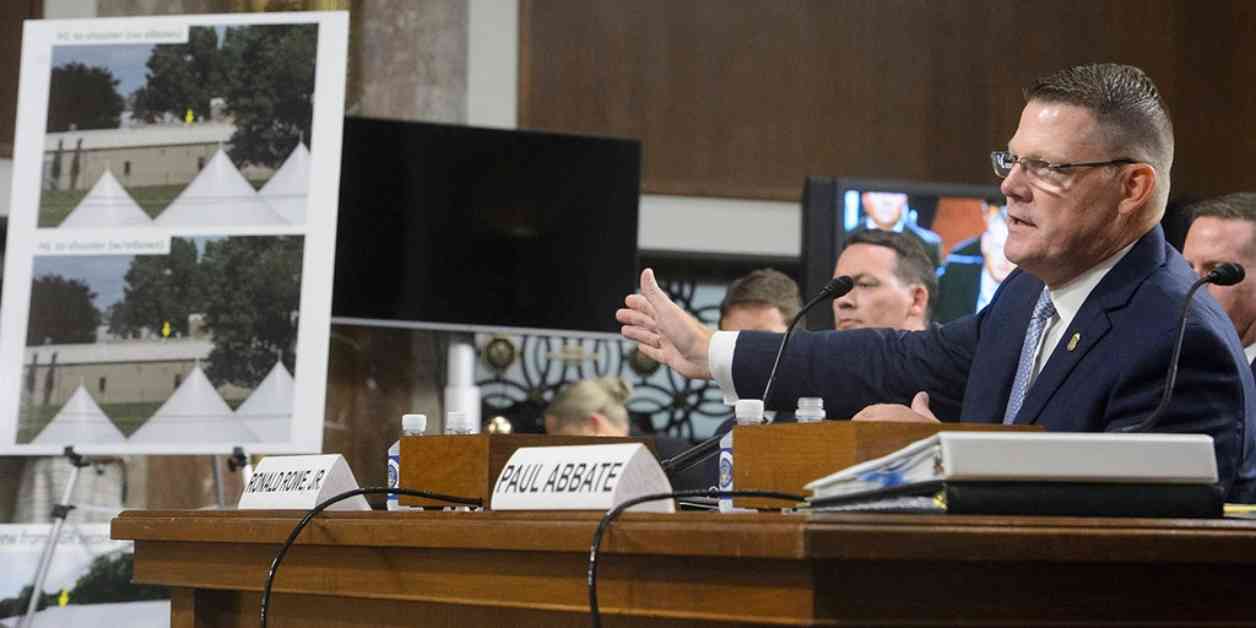Senators are pointing fingers at the Secret Service for trying to shift blame onto local law enforcement for the Trump rally shooting in Butler, Pennsylvania. The acting director of the Secret Service, Ronald Rowe, testified before Congress and seemed to imply that local police failed to spot the gunman, Thomas Matthew Crooks, on the building from which he fired. However, the district attorney of Butler County disputed this claim, stating that local snipers were not responsible for monitoring that specific rooftop.
Senator Ron Johnson of Wisconsin criticized the Secret Service, stating that they are trying to find a scapegoat for the incident. Senator Josh Hawley of Missouri added that there seems to be a lot of “cover your a–” behavior in the Secret Service’s response. The Butler County District Attorney clarified that local snipers were not assigned to monitor the building from which the shooter fired.
During his testimony, Ronald Rowe showed senators an image of the rooftop where Crooks had positioned himself. However, the local snipers were assigned to a different vantage point, according to the Butler County District Attorney. Senator Hawley mentioned that there are conflicting stories from whistleblowers on both sides, with each party trying to blame the other.
Senator Richard Blumenthal of Connecticut criticized the Secret Service for throwing local law enforcement under the bus, calling it unfair and unwise. Senator Gary Peters of Michigan stated that he is reserving judgment until all parties involved in the rally shooting are interviewed by the Senate Homeland Security and Governmental Affairs Committee.
Overall, the Secret Service’s handling of the situation is facing scrutiny from senators and local officials in Pennsylvania. It is essential for all parties involved to work together to ensure the safety and security of public events in the future. The Secret Service should be more aware of potential threats and strategically significant locations to prevent similar incidents from occurring in the future.


